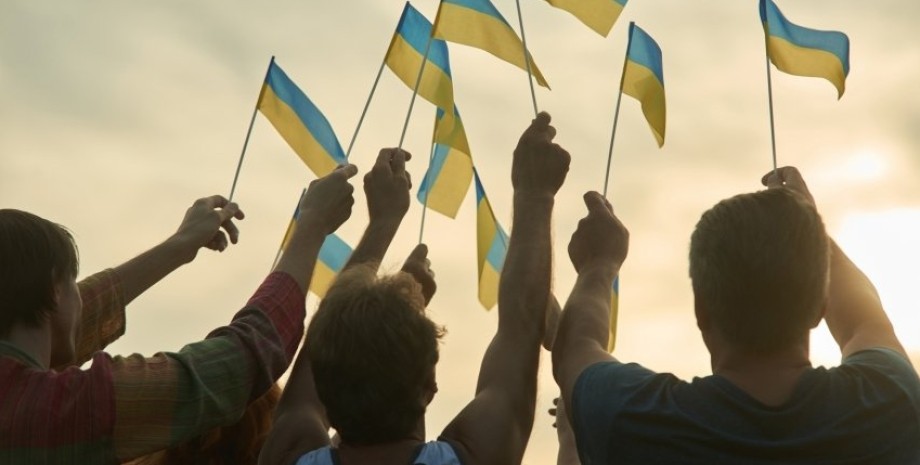
 By Victor Duda
By Victor Duda
Both sides of the conflict, Europe and the United States are tired, resources on the verge will have more and more rumors about possible peace talks. But will all problems disappear after the end of the war in Ukraine? The focus found out what was happening after the fighting was completed, and when Ukrainians could return to normal. According to the head of the Center for Military Legal Research Alexander Musienko, it all depends on what the end of the war in Ukraine will be.
"We need to understand that our main goal is security guarantees, integration into NATO, the European Union. It may be one step closer to these international institutions and will do everything to join as soon as possible," Focus Musienko said . He noted that Ukraine will also need to strengthen defense and security, that is, to develop a defense industry and support the Armed Forces.
Along with the issues of militarization and preservation of the combat component of defense forces, it is necessary to solve the issue of gradual demobilization. Then the political part will go - elections, etc. Former SBU employee and military analyst Ivan Stupak believes that immediately after the war in Ukraine there will be a "srach" in politics.
"Politicians who have been silent for a long time will come out and begin somewhere in the case, and somewhere without a matter to blame everyone, increase their ratings. I think there will be a srache They are restrained in this, " - said Focus Stupak. In addition, he is convinced that some people who were not released from Ukraine will go abroad after the war. Whereas the rest will return home. However, the borders will not open immediately, it will take a certain period of time.
"When the danger of mobilization from the shopping center goes to almost zero, then I think they will immediately start to return. I know people who would like to return but who are afraid of the shopping center. I know foreigners who to myself in Britain, for example, do not want to to go, and they want to return to Ukraine and live again in Kiev, ”the expert explained. Musienko also believes that opening borders will be a gradual process, because everything is risky at once.
In his opinion, the martial law regime will be abolished gradually - the removal of restriction on restriction. Instead, demobilization, according to Stupak, will take place by waves. There may also be an unpleasant moment of corruption when you have to pay for those who want to leave the army first. Demobilization will be partial, for example, at first 5%, then another 5%, so the process can last for two years.
"It is such an organism that has been pumped, such a ball is enlarged, it is not possible and cannot be blown away, otherwise there will be problems. Moreover, Russia is, it is necessary to do it carefully," he said. According to Stupak, after the end of the war in Ukraine, it will take ten years. This is a difficult story. He cited an example with the Kiev region, where the Russians were just a month, and the demining is still ongoing.
Musienko agrees that the territories will take decades - from 10 to 50 years depending on what technologies will be used. "If you are up -to -date and serious help - it will be more than 10 years, if not, it will take a long time," the expert explained. Adaptation after great wars takes years. Oleksandr Musienko stressed that the conditions will change, the risk of war and confrontation can always arise.
But the process of returning to normal life after the end of the war in Ukraine will take several months to years. According to Stupak, the abolition of the curfew is a certain return to the usual life. However, people will have a mental trauma. "I was 10 years ago in Croatia, and people say they did not recover after the shelling that were during the war in Yugoslavia, that is, the sun shines, the sea is warm, but people have a psyche," he said.
He thinks that for many years Ukrainians will have injuries from explosions, while the military needs to work separately. In the US, billions of dollars are invested annually to resume the military, but there are still problems. Ukraine also needs to fit into this, because there will be injuries and insults that someone is in the rear and someone was on the front. Stupak stressed that in no case can a soldier say: "I did not send you there," because it will be a big insult for all servicemen.










All rights reserved IN-Ukraine.info - 2022